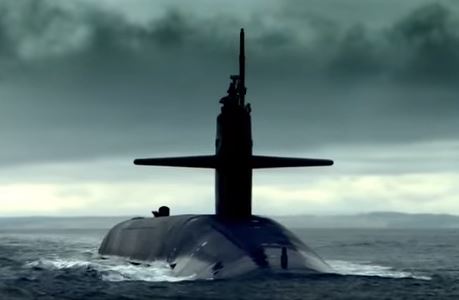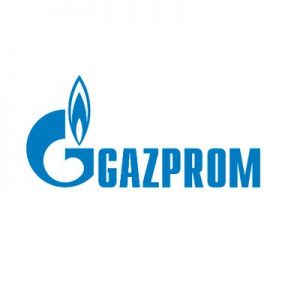
The Times of Israel: The State Attorney’s Office has opened a criminal investigation into the so-called submarines affair amid suspicions the prime minister’s personal lawyer tried to influence multi-million dollar naval deals, the Justice Ministry announced Monday.
The statement said the decision to move from a preliminary inquiry to a full blown investigation was made by Attorney General Avichai Mandelblit in light of the evidence and testimony gathered by police investigators over the past few months.
The case involves suspicions that Prime Minister Benjamin Netanyahu’s personal attorney David Shimron, acting also on behalf of the German shipbuilder ThyssenKrupp, lobbied the Defense Ministry to purchase naval vessels — including new submarines for the Israel Navy as well as ships intended to protect the country’s maritime natural gas fields.
According to suspicions, pushing through the NIS 6 billion ($1.5 billion) defense contract would net him a hefty fee, despite a possible conflicts of interest. Part of the agreement could also see ThyssenKrupp construct a lucrative shipyard in Israel, where the company would maintain the vessels.
Netanyahu is not a suspect in the case, which the Justice Ministry emphasized in its statement on Monday.
The decision to open a formal criminal investigation was reportedly made after police received the testimony of former Israel Navy commander Maj. Gen. (res.) Ram Rothberg in early February.
A Channel 2 report from earlier this month said Shimron, businessman Mickey Ganor and Maj. Gen. (res.) Eliezer Marom are all to be questioned under caution in the affair.
In October of last year, Netanyahu announced in a cabinet meeting that Israel was in the process of negotiating the purchase of three new submarines for the navy, which currently maintains a fleet of five underwater vessels, with another slated to be delivered in coming years.
Netanyahu has denied any wrongdoing in the multi-billion-shekel deal for the submarines, saying that bolstering Israel’s long-term security needs was the “only consideration” behind the purchases.
The new submarines were intended as replacements for the military’s older models and would reportedly be outfitted with nuclear strike capabilities.
The affair gained media and public attention as accusations surfaced that the prime minister may have been swayed in the decision by business ties that his personal counsel Shimron had with the submarines’ builder, ThyssenKrupp. Netanyahu had pushed for Israel to buy the vessels, reportedly against the wishes of the Israel Defense Forces as well as then-defense minister Moshe Ya’alon.
Also in October, opposition parties said they would seek a special parliamentary inquiry into Netanyahu’s alleged conflict of interest in the submarine affair.
Attorney General Avichai Mandelblit ordered a preliminary probe last November into a related affair: allegations that Shimron may have used his connection to Netanyahu in 2014 to lobby for the purchase of ThyssenKrupp-built patrol ships to protect Israel’s Mediterranean gas fields.
Shimron allegedly used his close relationship with Netanyahu to push Israel to purchase several ships from ThyssenKrupp, as well as to allow the company to build a shipyard here, effectively outsourcing the lucrative maintenance of the naval vessels.
Shimron said that he “wasn’t in touch with any state official over the issue of Israel’s purchase of naval vessels,” and that his work for the German company — while he was simultaneously serving as the prime minister’s lawyer — did not constitute a conflict of interest, the Haaretz daily reported at the time.
However, after Israel issued an international tender in 2014 for the purchase of ships to protect newly developed Mediterranean gas fields, Shimron reportedly called the legal adviser of the Defense Ministry, Ahaz Ben-Ari, to inquire why a tender had been declared, as he wanted the contract to be given to ThyssenKrupp without a competitive process.
Channel 10 has reported that Netanyahu also asked the Defense Ministry why the contract was opened for competitive bidding, and pressured the ministry to cancel the tender, which eventually was done.
Although Netanyahu is not a suspect in the case, MK Erel Margalit of the opposition Zionist Union party has called for a formal investigation into Netanyahu’s ties to ThyssenKrupp and filed a petition with the High Court of Justice to that effect last month.
Netanyahu has dismissed Margalit’s entreaties to the court, saying through a lawyer on Sunday that the initiative was “borderline obstruction of justice.”
“This petition is nothing but a direct continuation of an unbridled attack launched by the petitioner against the sitting prime minister for improper reasons,” Netanyahu’s lawyer said in a statement.




